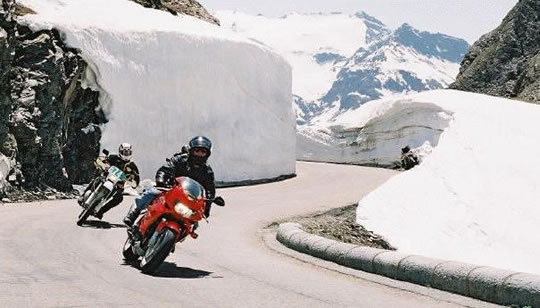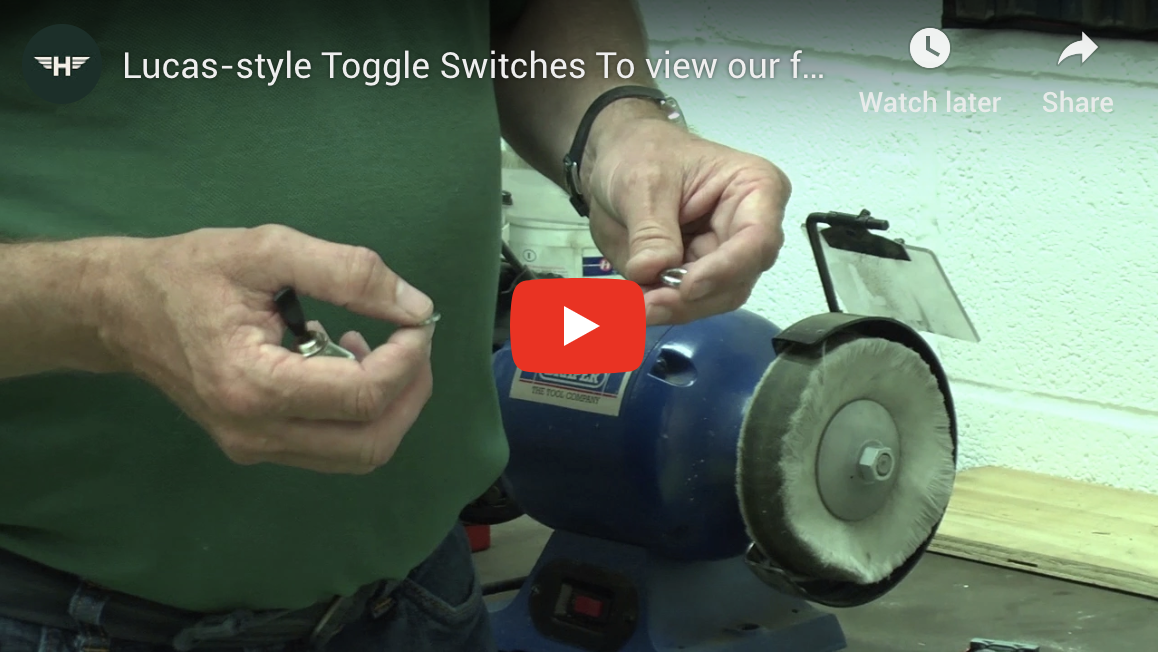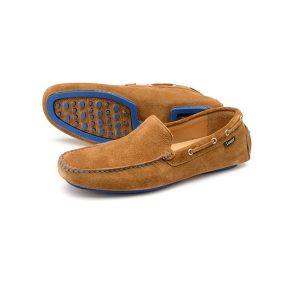Road safety should always be the greatest concern of any motorcyclist. But in Winter, there are additional weather-related threats that can hinder even the most experienced rider. It is crucial, therefore, that you prepare your body and your bike for winter riding in a slightly more cautious way. Here are our tips:
Be prepared for the roads
To ride safely in Winter, ensure you are prepared in advance of travel for the unpredictable and challenging roads. Ice, gravel, salt and snow can create difficult environments for even the most seasoned riders, so caution is advised. Plan your journey before leaving home, ensuring you have plenty of opportunities for stopping and resting should you become too cold or if conditions suddenly worsen. Check your bike’s lights are working properly and that the tyres are pumped. Also ensure your chain is lubricated and oil topped up. The last thing you want is to break down in icy conditions, so these checks are vital to help guarantee your safe journey and return home. When beginning your journey, practise braking a few times before entering a main road and, of course, always take a charged mobile phone.
Wear the right gear
One of the most significant dangers to bikers during Winter is the cold weather’s impact on your body and concentration. Being able to safely hold the bike up and make quick decisions is imperative and being freezing cold will hinder these processes. Therefore, you need appropriate winter riding gear. Winter riding clothing can feel very different on your body to lighter summer apparel, so it’s advisable to take a test ride before commencing any long journeys. We recommend a strong and sturdy Belstaff jacket, warm riding gloves, a neck warmer, goggles, warm socks and appropriate riding boots. We currently have a sale across our Belstaff jacket range, details of which you can find here. Of course, you also need to own a safe, reliable and warm helmet. You can view our range of riding helmets by clicking here.
Stay alert
The winter months post two significant risks to the alertness of the rider. Firstly, dehydration is subtler because we do not feel as thirsty in the cold as we do in the heat and therefore may overlook the need for regular hydration. Dehydration can lead to fatigue and confusion, compromising all-round safety. Secondly, Christmas and New Year’s Eve sees many more alcohol-related driving accidents and fatalities, meaning you have to be extra cautious of other drivers’ behaviour. It goes without saying, of course, that you should leave your bike at home if you’re thinking of drinking alcohol at a Christmas event. Tiredness will also impact your alertness so make sure you get enough sleep and never, ever ride after a big night out!







